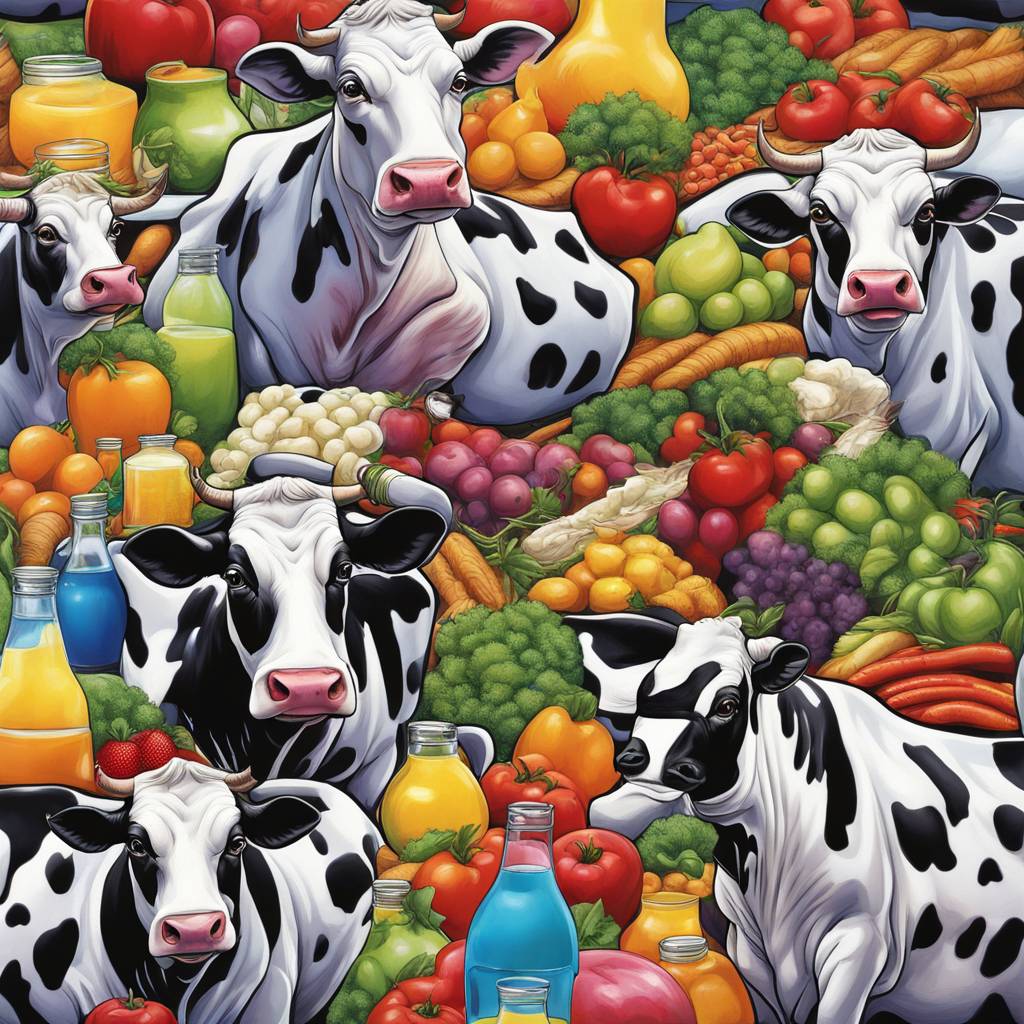A recent breakthrough in diabetes research involved genetically altering a brown bovine cow to produce human insulin in its milk. This pioneering study has the potential to revolutionize insulin production, but further research is needed to fully explore the use of transgenic cows for this purpose. Insulin is a vital component of diabetes management, but it is often expensive and not readily accessible to all who need it. The global demand for insulin is high, and researchers are looking for ways to increase production to ensure that it is more widely available.
Diabetes occurs when the body cannot properly produce or use insulin, leading to imbalanced blood sugar levels. Many individuals with diabetes require insulin to help glucose from food enter their cells and convert it into energy. In the United States alone, millions of adults with diabetes rely on insulin to manage their condition. The study involving the genetically altered cow in Brazil showed promising results, with human insulin and proinsulin found in the animal’s milk. However, caution is necessary when considering the use of genetically modified animals in human pharmacology.
Researchers utilized somatic cell nuclear transfer to create specialized embryos and manipulate the mammary glands of the resulting offspring to produce specific proteins in their milk. While the study successfully produced one transgenic cow capable of producing insulin, there were limitations to this research. Future studies may explore how to increase insulin production using genetic modifications and examine the practical applications of such advancements for improving human health. Despite the potential impact of this research on increasing the supply of essential drugs like insulin, more research is required to confirm these findings and address ethical and safety concerns.
Although the study demonstrated the production of bio-active human insulin in a cow’s milk, there are several challenges that need to be addressed. Only one transgenic cow was successfully created, and the researchers analyzed only a specific portion of the milk for soluble proteins. Additionally, it is essential to identify the enzymes responsible for converting proinsulin to insulin for future investigations. The process of inducing cows to lactate to produce insulin-containing milk also presented challenges, as transgenic animals may have difficulty reproducing naturally or artificially.
While this research holds promising implications for making insulin more accessible to those with diabetes, some experts advocate for alternative methods of insulin production. Biosynthetic human insulin has been produced using E. coli and yeast since the late 1970s, eliminating the need for genetically modified animals. Balancing ethical considerations and safety concerns associated with using transgenic animals for medical purposes is crucial as researchers continue to explore the potential of genetically altered cows to produce insulin. Despite the optimistic outlook of this study, more research is needed to determine the practical application of using milk as a source of critical medical proteins and the effectiveness of insulin produced by transgenic animals in treating diabetes.



